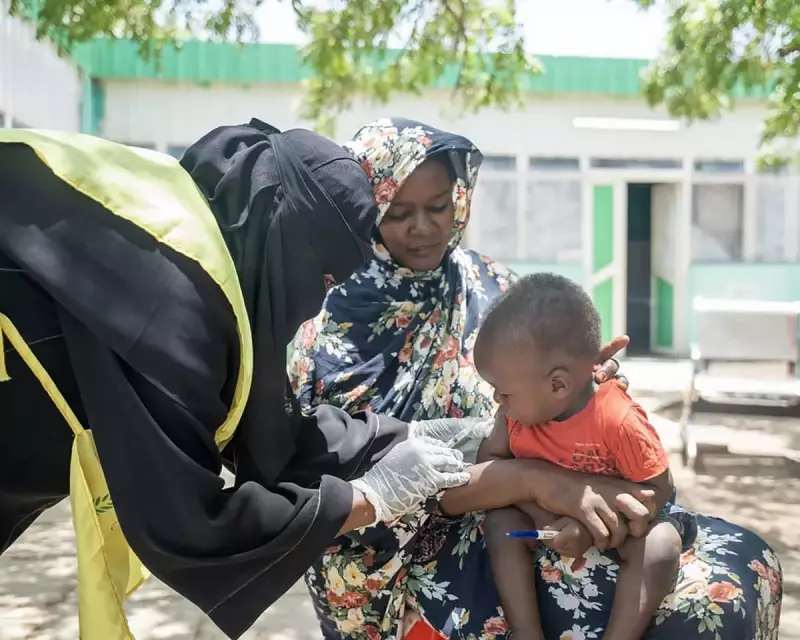
Sudan is grappling with a dangerous resurgence of preventable infectious diseases among children, as vaccination rates have plummeted to alarming levels. The country's healthcare system, already strained by economic instability and conflict, is now facing what experts describe as a looming public health catastrophe.
Immunisation Crisis Reaches Breaking Point
Recent data reveals that routine vaccination coverage has dropped below 50% in many regions, leaving millions of children vulnerable to deadly but preventable illnesses. Measles cases have seen a particularly dramatic spike, with reported infections increasing tenfold compared to previous years.
Collapsing Healthcare Infrastructure
The situation has been exacerbated by:
- Chronic shortages of medical supplies
- Mass displacement of healthcare workers
- Disrupted cold chain storage for vaccines
- Severe underfunding of public health programmes
Dr. Amina Hassan, a paediatrician working in Khartoum, describes the conditions as "the worst I've seen in 20 years of practice". Many health facilities have been forced to suspend immunisation services entirely.
Children Paying the Highest Price
The consequences of this breakdown are being felt most acutely by Sudan's youngest citizens. Malnourished children - already weakened by food shortages - are particularly susceptible to complications from vaccine-preventable diseases.
In refugee camps across the country, makeshift clinics report treating dozens of measles cases daily, with mortality rates significantly higher than global averages. The lack of basic antibiotics means even simple secondary infections are proving fatal.
International Response Falls Short
While humanitarian organisations have launched emergency vaccination campaigns, these efforts face enormous logistical challenges. Security concerns and bureaucratic obstacles have hampered the distribution of vital medical supplies.
UNICEF estimates that over 3 million Sudanese children have missed routine vaccinations in the past two years. Without urgent intervention, experts warn this could lead to:
- Major disease outbreaks across the region
- Increased strain on already overwhelmed hospitals
- Long-term developmental impacts for affected children
- Potential spread to neighbouring countries
The World Health Organization has classified Sudan's immunisation crisis as one of the most severe globally, calling for immediate international support to prevent further loss of young lives.





